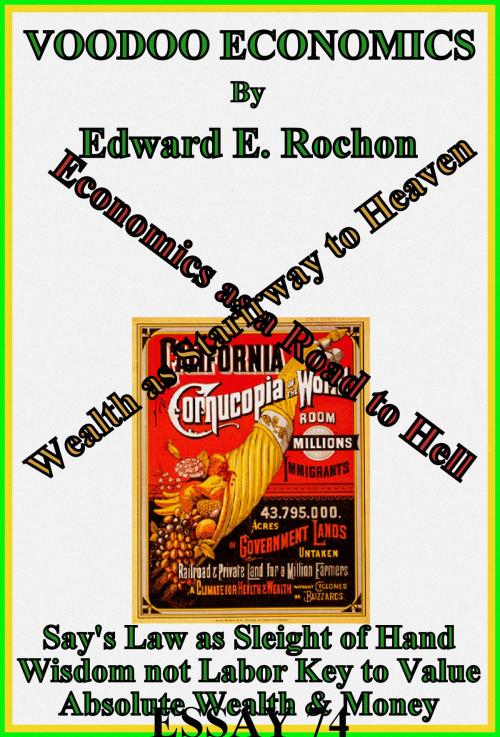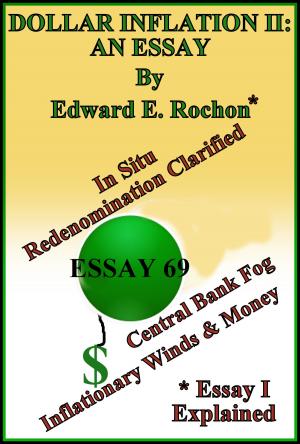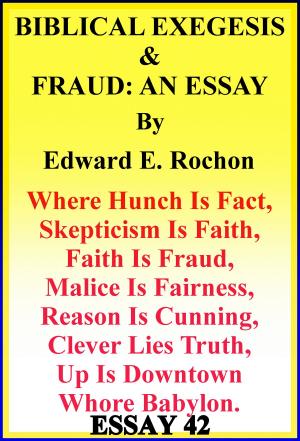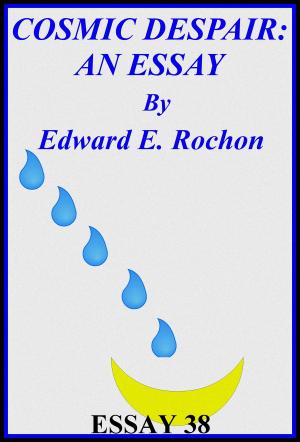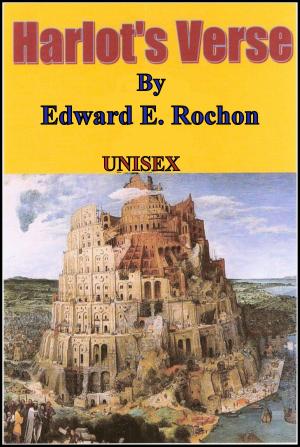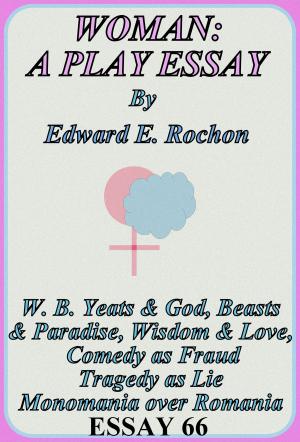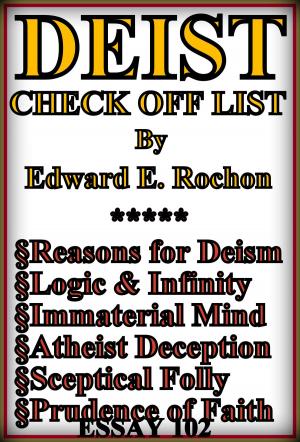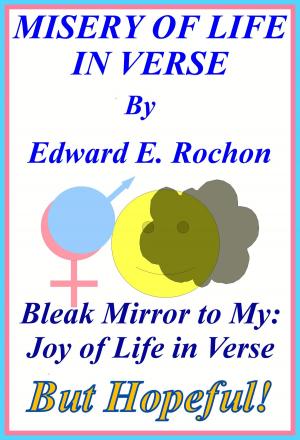| Author: | Edward E. Rochon | ISBN: | 9781311432735 |
| Publisher: | Edward E. Rochon | Publication: | May 24, 2015 |
| Imprint: | Smashwords Edition | Language: | English |
| Author: | Edward E. Rochon |
| ISBN: | 9781311432735 |
| Publisher: | Edward E. Rochon |
| Publication: | May 24, 2015 |
| Imprint: | Smashwords Edition |
| Language: | English |
The preface notes George Bush's attack on Reagan's economic policy as voodoo economics. My claim is that classical economics is essentially voodoo economics. The assertion that absolute and relative wealth (money) is the key to working out economic policy sets the goal of the essay. Chapter 1 attacks Say's law from the view of absolute and relative wealth. Demand does not exist in the marketplace without purchasing power, yet exists as a politic force and human need regardless. The view that supply creates demand is sleight of hand manipulation of the facts. Supply has no value without preexistent demand. New supply simply rechannels demand already present. Supply cannot be expected to produce demand without relative wealth (money) to buy this. Increased supply is no guarantee of this as others have noted for various reasons. And so money policy as a supplement is justified. Chapter 2 attacks the notion that labor is the chief factor in value. It is wisdom not labor that is paramount, and this changes how we view wealth generation. Chapter 3 discusses in more detail the effects of absolute and relative wealth on supply and demand. It discusses money policy correcting the problems in reconciling these two factors. A few points from previous essays about sewing gold thread into paper money, controlling the value of currency by in place redenominated bills is reviewed. Chapter 4 goes over the state as a wealth generation machine, with law as a secondary matter. It notes that income redistribution should be avoided as much as possible in favor of wealth generation. It notes the conflict between rich and non-rich in the flow of income redistribution. It notes the rich redistribute in their favor by financial manipulation and fraud, while the poor generally rely on politically mandated redistribution. It notes that corruption is not absolutely dependent on income status. Both rich and poor are prone to corruption.
The preface notes George Bush's attack on Reagan's economic policy as voodoo economics. My claim is that classical economics is essentially voodoo economics. The assertion that absolute and relative wealth (money) is the key to working out economic policy sets the goal of the essay. Chapter 1 attacks Say's law from the view of absolute and relative wealth. Demand does not exist in the marketplace without purchasing power, yet exists as a politic force and human need regardless. The view that supply creates demand is sleight of hand manipulation of the facts. Supply has no value without preexistent demand. New supply simply rechannels demand already present. Supply cannot be expected to produce demand without relative wealth (money) to buy this. Increased supply is no guarantee of this as others have noted for various reasons. And so money policy as a supplement is justified. Chapter 2 attacks the notion that labor is the chief factor in value. It is wisdom not labor that is paramount, and this changes how we view wealth generation. Chapter 3 discusses in more detail the effects of absolute and relative wealth on supply and demand. It discusses money policy correcting the problems in reconciling these two factors. A few points from previous essays about sewing gold thread into paper money, controlling the value of currency by in place redenominated bills is reviewed. Chapter 4 goes over the state as a wealth generation machine, with law as a secondary matter. It notes that income redistribution should be avoided as much as possible in favor of wealth generation. It notes the conflict between rich and non-rich in the flow of income redistribution. It notes the rich redistribute in their favor by financial manipulation and fraud, while the poor generally rely on politically mandated redistribution. It notes that corruption is not absolutely dependent on income status. Both rich and poor are prone to corruption.
